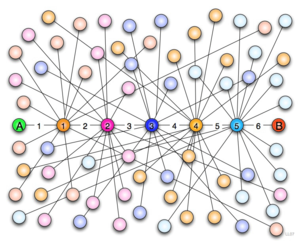At this point in the summer, writers face a decision. How will you make the most of the time left this summer?
And what happens when you ask yourself that question? Do you check your calendar and start to feel a bit of panic when you see that you’re overbooked with meetings and trips and projects, not to mention the promises you have made to your family? Do you sink into a lethargic trance when you realize what little time you have for yourself?
Or—and this is the best choice— do you decide that your writing will be a priority, starting now, and you pat yourself on the back for thinking to check your calendar?
Boot Camp—a writer’s space
After my midsummer vacation, I started receiving many emails from people about Boot Camp, which is one of the coaching services I offer writers.
It is a short-term coaching service and comes with day-by-day support, and a gentle push for the writer to move forward at a faster clip than you might ordinarily produce text. Boot Camp can definitely help you to make the most of the time available.

Work closely with your dissertation coach
During Boot Camp, I work closely with you. Part of your commitment is to keep a daily log/journal confirming that you did or did not meet your original goal for the day and how you dealt with a need to change your goal, as well as focusing on the coming day– when you will write, where you will write, and what will be your specific writing goals. I ask that you share that log/journal post in an email to me.
A benefit of Boot Camp is that you draw boundaries around you and your work. You give yourself permission to pull away from the hub-bub of your usual life as much as you can. You shelter yourself from the pressures and distractions that had been partly responsible for your not writing up til now.
Insights and practices
In Boot Camp, clients notice what works well for them, and they adopt new strategies for greater productivity.
My clients tell me of the many insights and practices that have helped them and that they continue to use, such as:
–Don’t think too far ahead; work with what is coming up for you.
–Take time off to play, go for a walk, leave your work behind, and let your mind wander.
–Be patient with yourself and don’t rush to label a work session or an idea as a failure; you may surprise yourself after going for a walk or taking a nap how your so-called failure now yields something interesting.
–Give yourself permission to come up with new ideas. Be open to a-ha moments.
–Don’t expect this to be easy.
–Don’t be afraid of a little discomfort.
Stick with the process
Boot Camp keeps you in the process. It helps you to stick with the work during the down days when you cannot see what you are doing or where this is going. Then, often, it takes you to a surprising place, and you see yourself rise from the uncertainty that only a short time before had made you think your project was hopeless.
And what a joy that is to see, both for the writer and for me!
Boot Camp could be the very best part of your summer.
Good summer writing days,
Nancy
Nancy Whichard, Ph.D., PCC
Your International Dissertation Coach and Academic Career Coach
www.nancywhichard.com
nancy @ nancywhichard. com





